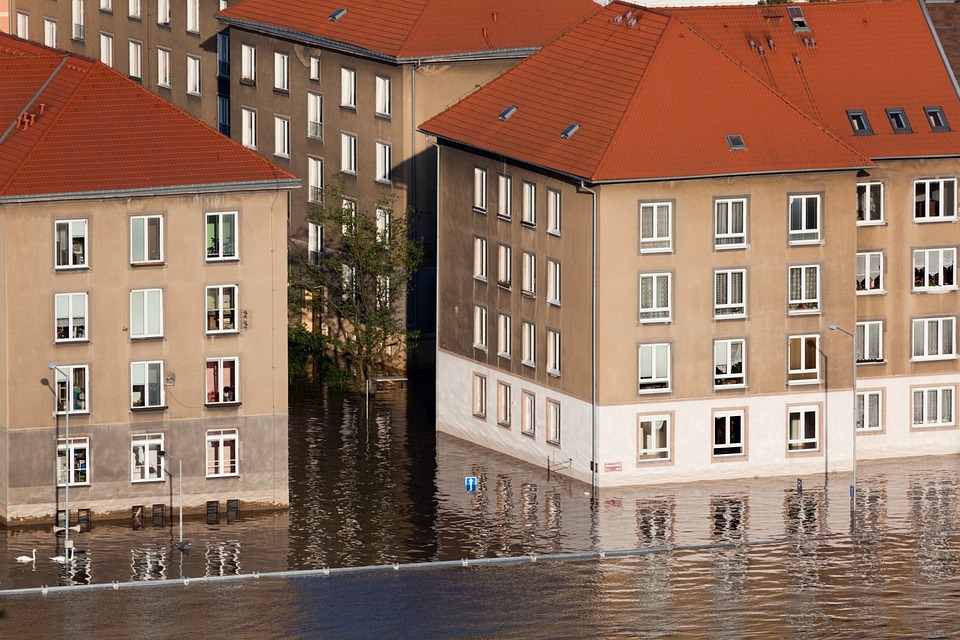Don Lemon and Climate Change
Don Lemon, an American television journalist, has played a significant role in discussing climate change during his tenure at CNN. Known for his outspoken nature and willingness to tackle controversial subjects, Lemon has frequently linked environmental issues to current events, particularly extreme weather phenomena.
Don Lemon’s Background
Don Lemon was born on March 1, 1966, and graduated from Brooklyn College with a degree in journalism in 1996. He began his career as a news assistant at Fox’s New York station and later worked for NBC, where he gained recognition for his reporting. In 2006, he joined CNN, where he became prominent as the host of CNN Tonight from 2014 until 2022 and later co-hosted CNN This Morning. Throughout his career, Lemon has been noted for his approach to reporting on environmental issues, emphasizing the urgency of climate change and its impacts on society.
Key Moments in Climate Change Reporting
Lemon has engaged in several notable discussions about climate change. A significant moment occurred during a 2022 interview with Jamie Rhome, the acting director of the National Hurricane Center, regarding Hurricane Ian. During this segment, Lemon pressed Rhome on how climate change was affecting the storm’s intensity. Rhome acknowledged that while it is challenging to link climate change to any single event, there is a consensus that cumulatively, climate change is making storms worse[2][4].
Climate Change and Hurricane Ian
The discussion surrounding Hurricane Ian highlighted the profound impact of climate change on severe weather events. Lemon’s inquiry into the storm’s connection to climate change brought attention to how rising global temperatures can exacerbate hurricane conditions. Rhome explained that warmer oceans lead to increased moisture retention, resulting in heavier rainfall during hurricanes. He also noted that sea level rise contributes to more severe storm surges[4][6].
Public and media reactions to this interview were mixed; while some praised Lemon for raising critical questions about climate change during a crisis, others criticized him for discussing broader environmental issues while the storm was still unfolding[3][4].
Media’s Role in Climate Change Communication
Lemon’s reporting reflects broader media practices regarding climate change communication. Accurate and clear communication is essential in informing the public about the realities of climate-related events. Journalists often face challenges in attributing specific weather phenomena directly to climate change due to the complexities involved in such assessments. However, as scientific methods improve, media figures can provide more informed commentary on how climate change influences extreme weather events[5].
Criticism and Support
Lemon has faced criticism for his comments linking climate change to specific weather events. Critics argue that discussing these connections during ongoing disasters can be inappropriate or alarmist. Conversely, many climate scientists and advocates support his stance, emphasizing that discussing climate change during such events is crucial for public awareness and understanding of its immediate impacts[2][5]. The media narrative surrounding these discussions significantly influences public perception of climate change and can either foster urgency or create confusion about its implications.
FAQs
1. What are Don Lemon’s most significant contributions to climate change discussions?
– Lemon has consistently linked current weather events to climate change, notably during interviews with experts like Jamie Rhome.
2. How do media figures influence public perception of climate change?
– Media figures shape narratives around climate issues, which can significantly alter public understanding and urgency regarding environmental crises.
3. What was the public response to Lemon’s interview with Jamie Rhome?
– Responses were mixed; some praised him for addressing important issues while others criticized him for discussing climate change during an ongoing disaster.
4. How does the scientific community view the relationship between climate change and hurricanes?
– Scientists acknowledge that while it’s difficult to link specific storms directly to climate change, there is strong evidence that overall warming trends are making hurricanes more intense.
5. What are the common misconceptions about climate change in media reporting?
– A prevalent misconception is that individual weather events cannot be linked to climate change; however, scientists argue that while direct causation is complex, patterns show increasing severity due to warming.
6. How can journalists improve their coverage of climate-related events?
– Journalists can enhance their coverage by utilizing emerging scientific methods that clarify the links between climate change and extreme weather.
7. What role does the media play in climate change advocacy and awareness?
– The media serves as a critical platform for raising awareness about climate issues and advocating for action by framing stories that highlight immediate impacts and long-term consequences.
Conclusion
Don Lemon’s impact on discussions surrounding climate change through journalism has been significant. His willingness to address environmental issues during critical moments emphasizes the importance of responsible media coverage in raising awareness about the urgent challenges posed by climate change. As society grapples with these pressing issues, journalists play a vital role in informing the public and shaping narratives that can drive meaningful action against this global crisis.

Kyle Whyte is a notable scholar and professor at the University of Michigan, holding positions such as the George Willis Pack Professor in the School for Environment and Sustainability and Professor of Philosophy. Specializing in environmental justice, his work critically examines climate policy and Indigenous peoples’ ethics, emphasizing the nexus between cooperative scientific endeavors and Indigenous justice. As an enrolled Citizen Potawatomi Nation member, he brings a vital perspective to his roles as a U.S. Science Envoy and member of the White House Environmental Justice Advisory Council. His influential research is supported by various prestigious organizations including the National Science Foundation, and disseminated through publications in high-impact journals. Kyle actively contributes to global Indigenous research methodologies and education, with affiliations to numerous institutes and societies dedicated to traditional knowledge and sustainability. Recognized for his academic and community engagement, Kyle has earned multiple awards and served in various visiting professorships. His efforts extend to leadership positions on boards and committees focused on environmental justice nationwide.
